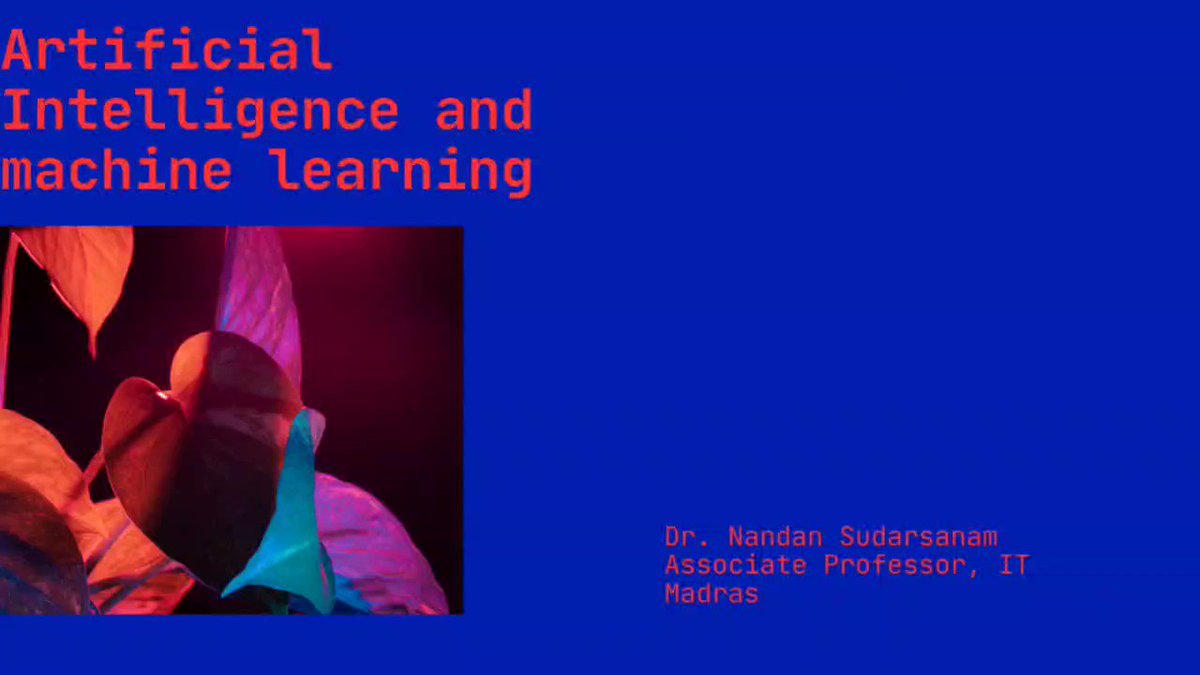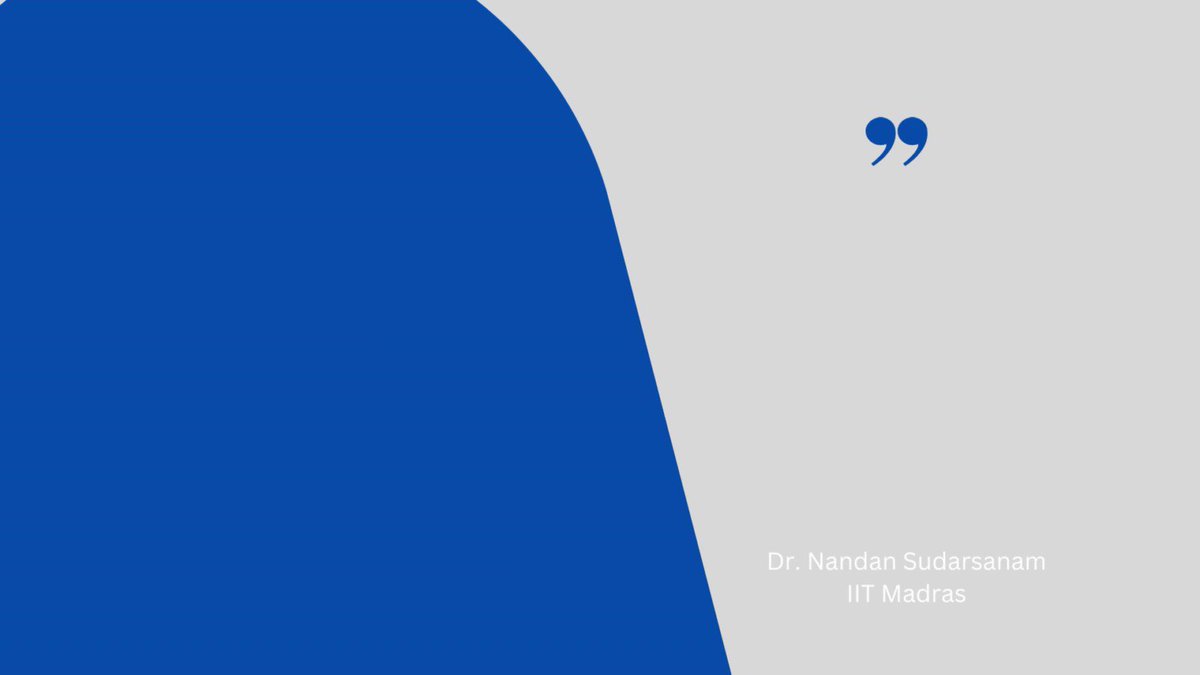Megha Anilkumar Nair
3:16
3:17
3:19
3:25
3:25
3:25
3:31
3:32
3:33
3:36
3:38
3:43
3:43
3:44
3:47
3:47
3:47
3:48
3:49
3:53
3:57
4:05
4:06
4:10
4:13
4:14
Connecting…









